Legislative Update, July 16
- Pregnant Women May Have Increased Risk for Severe Covid-19 Illness
- 2020 Census Update & COVID-19 Complications
- Broadband Emergency Expansion Much Needed During the Pandemic
- Repeal of Outdated Health Care Regulation Would Benefit All Texans
- Texas Extends Deadline for Food Benefits for Families Affected by COVID-19 School Closures
- Health TEKS Up for Review for the First Time Since the 1990s
___________________________________________________________________________________________
Federal Updates
Pregnant Women May Have Increased Risk for Severe Covid-19 Illness
According to a recent Centers for Disease Control and Prevention (CDC) report, pregnant women with COVID-19 may be more likely to experience a more severe level of illness than women who are not pregnant. The findings come from an analysis of data on 91,412 women of reproductive age who tested positive for COVID-19, of whom 9% were pregnant.
CDC used COVID-19 federal surveillance data from Jan. 22–June 7 to conduct a study that compared the risks and symptoms of COVID-19 among pregnant and non-pregnant women. After adjusting for age, presence of underlying conditions, and race/ethnicity, pregnant women were 5.4 times more likely to be hospitalized, 1.5 times more likely to be admitted to the ICU, and 1.7 times more likely to receive mechanical ventilation. These findings suggest that among women of reproductive age with COVID-19, pregnancy is associated with a greater likelihood of hospitalization, admission to the intensive care unit (ICU) and mechanical ventilation. While evidence is limited, clinicians are encouraged to counsel pregnant women about the risks and how to protect themselves
Additionally, CDC’s report points out the need for more data to fully understand both the risk for severe illness from COVID-19 during pregnancy, as well as the effects of COVID-19 on maternal and paternal outcomes. Thus, CDC, in collaboration with health departments, has initiated COVID-19 pregnancy surveillance to report pregnancy-related information and outcomes among pregnant women.
2020 Census Update & COVID-19 Complications
Severe virus-related limitations on mobility and personal contact have completely upended a decade of census outreach planning, especially in hard to reach communities throughout our state. The U.S. Census Bureau and its countless partners are continually working to ensure everyone is counted and have been quick to implement and share strategies to protect people’s health while sustaining the focus and motivation of achieving an accurate count.
As many Americans have shifted their attention to seeking economic relief and taking all precautions to avoid contracting the coronavirus, it is critically important for us to share a friendly reminder to participate in the census as it helps determine how billions of dollars from the federal government are invested across the country especially throughout these unfortunate times. It is these types of instances that should motivate Texans to spend three minutes at home to complete the online survey. As of July 5, Texas has a 56.7% response rate to the census which poses a serious threat to receiving much needed aid.
Normally the finished census would have to be on the president’s desk by Dec. 31, but due to the coronavirus, lawmakers have asked for an extension that would require a change in federal law. The extra time would ensure organizations such as Texas Counts continue to have ample time to extend their efforts throughout the state.
This past spring, Methodist Healthcare Ministries gifted the Hogg Foundation for Mental Health a $210,000 grant to support four community partners that were selected for the Texas Communities Count Initiative. The primary focus of Texas Communities Count is to aid collaborative approaches that will reach traditionally hard-to-count (HTC) populations, communities and geographic areas throughout the state. An additional three South Texas organizations were directly funded $195,420, by Methodist Healthcare Ministries to conduct census outreach in over 37 counties.
Broadband Emergency Expansion Much Needed During the Pandemic
Due to COVID-19, private broadband companies have pledged to the Federal Communications Commission (FCC) not to disconnect service due to lack of payment during the crisis, as well as working to offer emergency broadband expansion to those in need.
Many residents are having to adjust to working from home especially in rural communities where there is a lack of internet service providers. For those living in the larger metropolitan areas of the state, the high cost of cable and internet services is often the barrier for low income families. Before the COVID-19 pandemic, the lack of broadband connectivity was more of an inconvenience, however once stay-at-home orders were enforced, internet access became a necessity for roughly 2 million Texas households who currently don’t have access. With individuals losing their jobs and needing to apply for unemployment benefits, students participating in e-learning with teachers, employees adjusting to working from home and healthcare professionals providing telehealth services for patients, the need is more substantial than ever before.
While the digital divide is not a new story for our state, it is newly pertinent now as real interactions among people are limited and virtual interactions are vital. Recent waivers and funding from the state and federal government have allowed telemedicine to become more accessible amid the pandemic. Some of these temporary changes could prove to be extremely useful in rural areas if communities are provided with fast, reliable access to broadband service.
In 2019, the Texas Legislature passed HB 1960 by Rep. Four Price (R-Amarillo). The bill created the Governor’s Broadband Development Council and is charged with conducting research and identifying solutions that overcome barriers to broadband access, especially in underserved and rural areas. The council’s report is due to members of the legislature by Nov. 1, 2020.
State Updates
Repeal of Outdated Health Care Regulation Would Benefit All Texans
The Coalition for Healthcare Access, a group of 27 business, consumer and health organizations, is actively working to remove unnecessary red-tape and barriers and expand Texans’ access to care. In an op ed by Methodist Healthcare Ministries’ President & CEO Jaime Wesolowski, coalition members urge the Texas Legislature to take action this coming legislative session and adopt recommendations released in Lt. Governor Dan Patrick’s Texans Back to Work Task Force Report, waiving current law requiring advanced practice registered nurses (APRNs) to obtain a contract with a physician before they can provide care. Read the full op ed here.
Texas Extends Deadline for Food Benefits for Families Affected by COVID-19 School Closures
Last week, Governor Greg Abbott announced that the Texas Health and Human Services Commission (HHSC) has extended the application deadline for the federal Pandemic- Electronic Benefit Transfer program (P-EBT) to July 31. Texas has already issued nearly $700 million to families through the P-EBT program, benefiting more than 2.5 million children.
In May, Texas received approval from the U.S. Department of Agriculture to provide more than $1 billion in pandemic food benefits. The P-EBT program is intended for families with children who have temporarily lost access to free or discounted school meals due to COVID-19-related school closures. More than 3 million children in Texas were certified to receive free or reduced-price meals at school during the 2019-2020 school year. The program is a one-time benefit of $285 per eligible child and can be used in the same way as Supplemental Nutrition Assistance Program (SNAP) food benefits to pay for groceries. Extending the application deadline helps ensure that more Texas families will have access to nutritious food as the state continues to combat COVID-19.
Health TEKS Up for Review for the First Time Since the 1990s
For the first time since 1998, the State Board of Education (SBOE) will revise the Texas Essential Knowledge and Skills (TEKS) for Health Education. TEKS, which outlines the minimal standards for what students are to learn in each course or grade, are periodically reviewed and revised for each subject area to ensure that Texas students attain the essential knowledge and skills for a bright future.
Since August, members of the SBOE, in collaboration with selected content advisors and review committees, have been working toward updating the state’s 22-year-old standards on health education. To guide this process, Texas education commissioner, Mike Morath, released a report that provided a framework for members to build on. In addition to developing recommendations based on Morath’s report, members from the review committees have proposed a new health education high school course. The new course would address topics such as navigating the health care system and accessing care in communities.
Currently, school districts must teach to the health TEKS within the overall curriculum for kindergarten through Grade 8. While high schools also have health TEKS to follow, Texas is one of 26 states that does not require health education for high school graduation. Even so, most school districts teach the class in high school, either as an elective or as a local graduation requirement. The final adoption of revisions to the TEKS for health education will take place in November.
For more information on health care research, policy or advocacy, please contact Chris Yanas at cyanas@mhm.org.

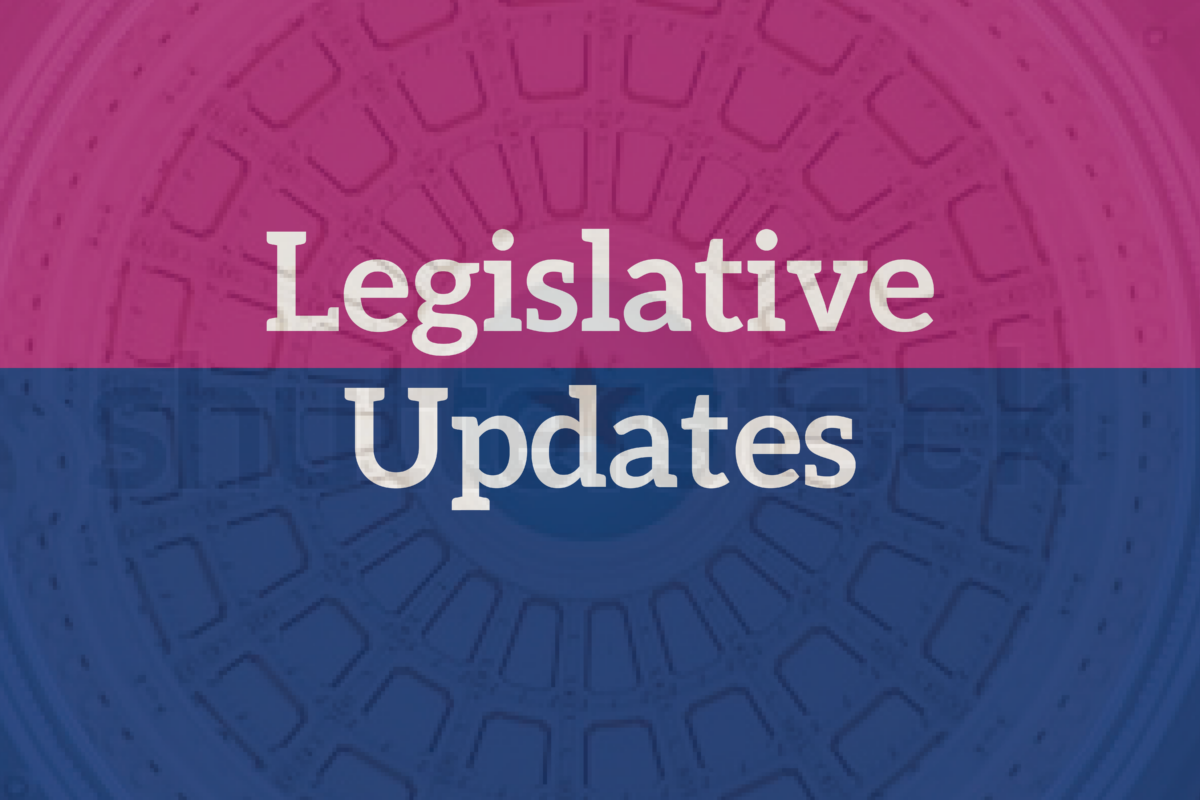





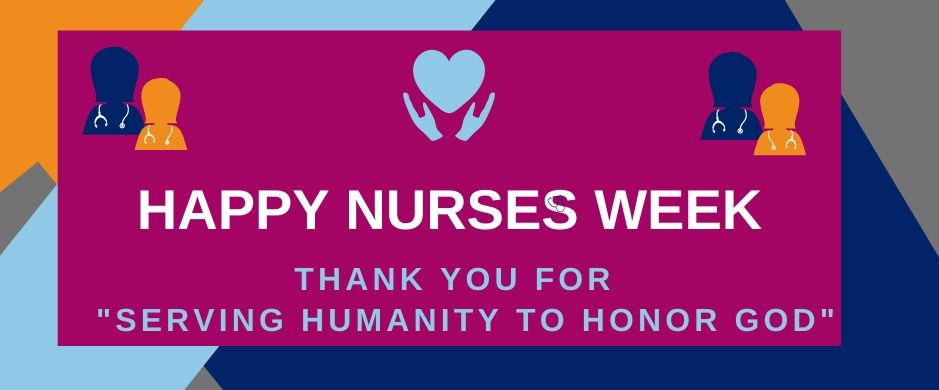


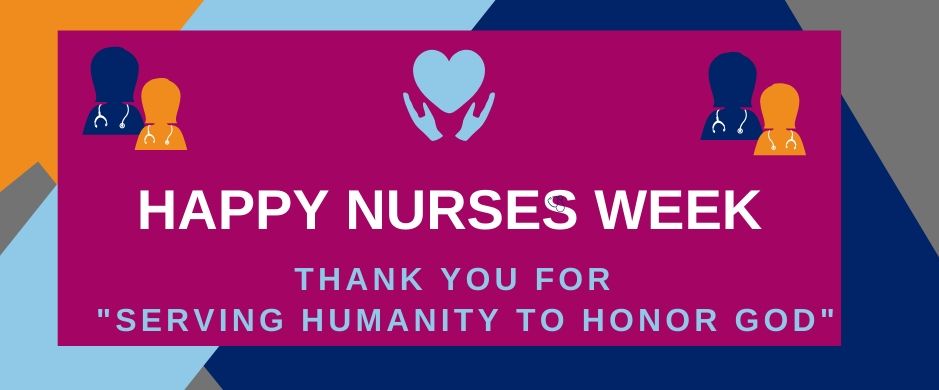

 If you’re one of the millions of parents staying home with your children during this challenging season in our world, there are things you can do to help ease tension and stress, as you try juggling work and family.
If you’re one of the millions of parents staying home with your children during this challenging season in our world, there are things you can do to help ease tension and stress, as you try juggling work and family.
 News updates about the coronavirus (COVID-19) are happening all day and every day. All you need to do is turn on your TV or connect to your preferred social channel, and you’ll learn the latest on the situation impacting our world.
News updates about the coronavirus (COVID-19) are happening all day and every day. All you need to do is turn on your TV or connect to your preferred social channel, and you’ll learn the latest on the situation impacting our world.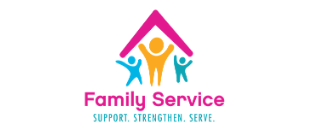
 Since 1995, Methodist Healthcare Ministries of South Texas, Inc. has provided over $1 billion in healthcare services through our clinics and programs, as well as through our partnerships. Methodist Healthcare Ministries is proud to partner with organizations that share our mission and organizational objectives of increasing access to care to the least served across South Texas.
Since 1995, Methodist Healthcare Ministries of South Texas, Inc. has provided over $1 billion in healthcare services through our clinics and programs, as well as through our partnerships. Methodist Healthcare Ministries is proud to partner with organizations that share our mission and organizational objectives of increasing access to care to the least served across South Texas. 



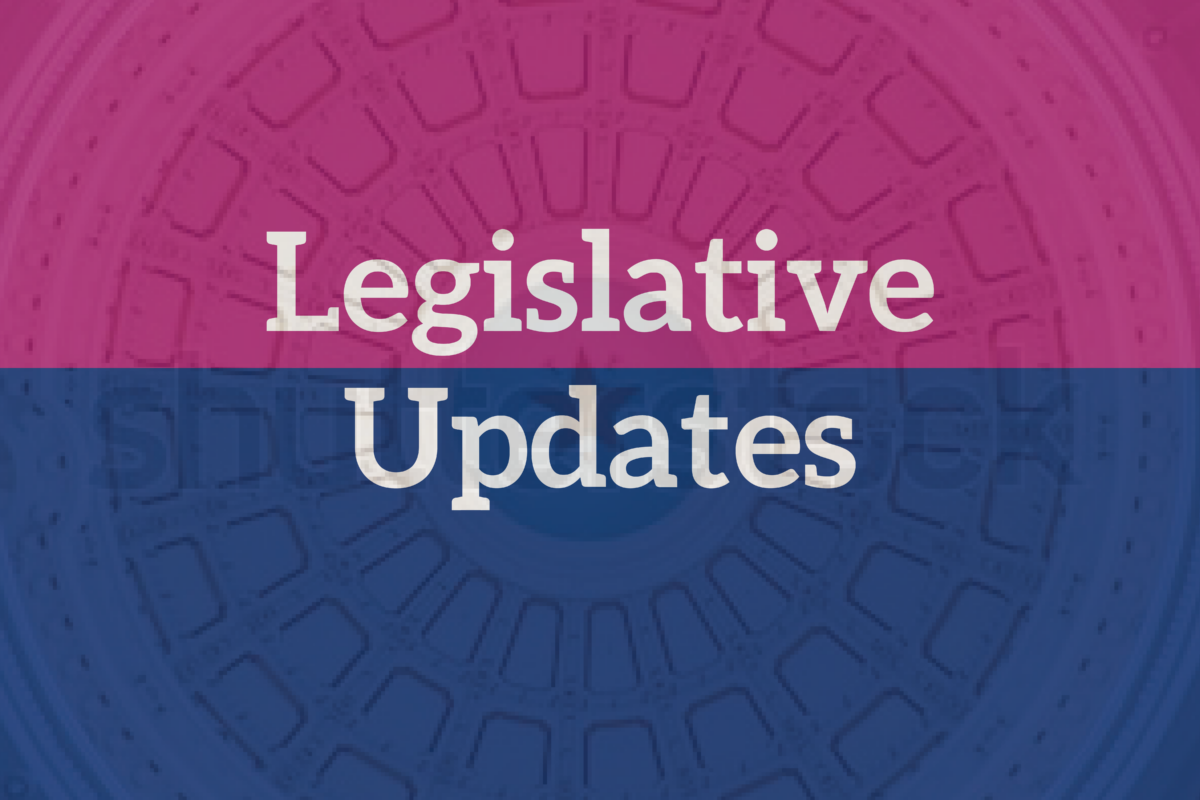



 The holiday season can include plenty of parties and gatherings, but Gonzalez said that it’s perfectly fine to skip them. “You can skip the parties or the invite to drive with friends to see Christmas lights downtown, but don’t stop caring for yourself. Keep track of your health and stay in touch with your circle of friends and family members.”
The holiday season can include plenty of parties and gatherings, but Gonzalez said that it’s perfectly fine to skip them. “You can skip the parties or the invite to drive with friends to see Christmas lights downtown, but don’t stop caring for yourself. Keep track of your health and stay in touch with your circle of friends and family members.”